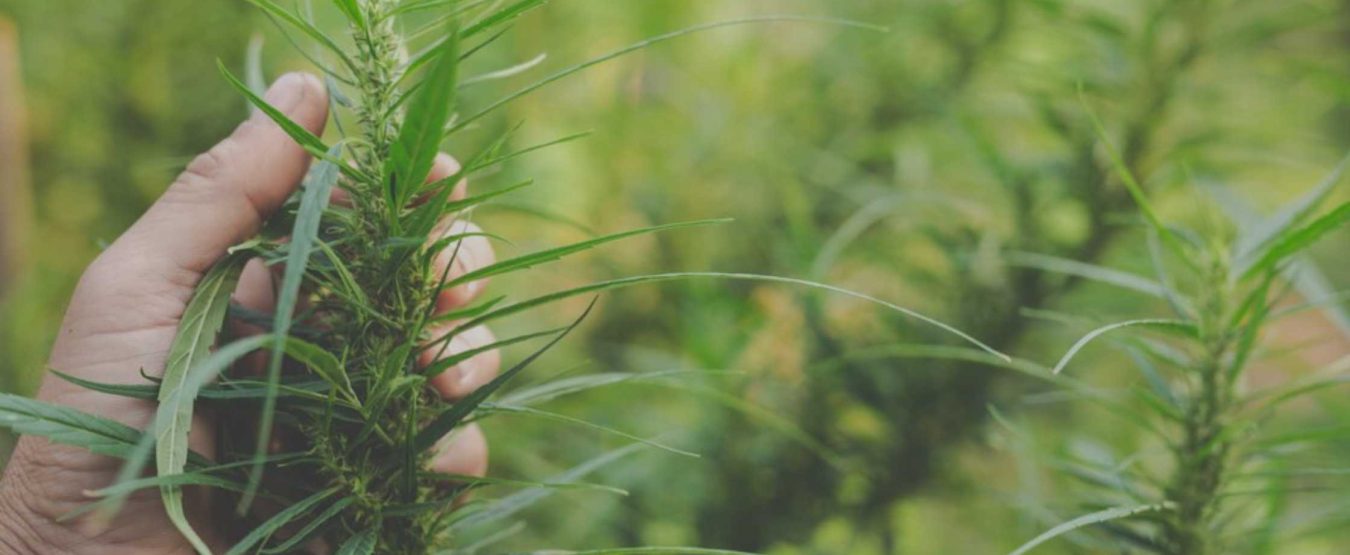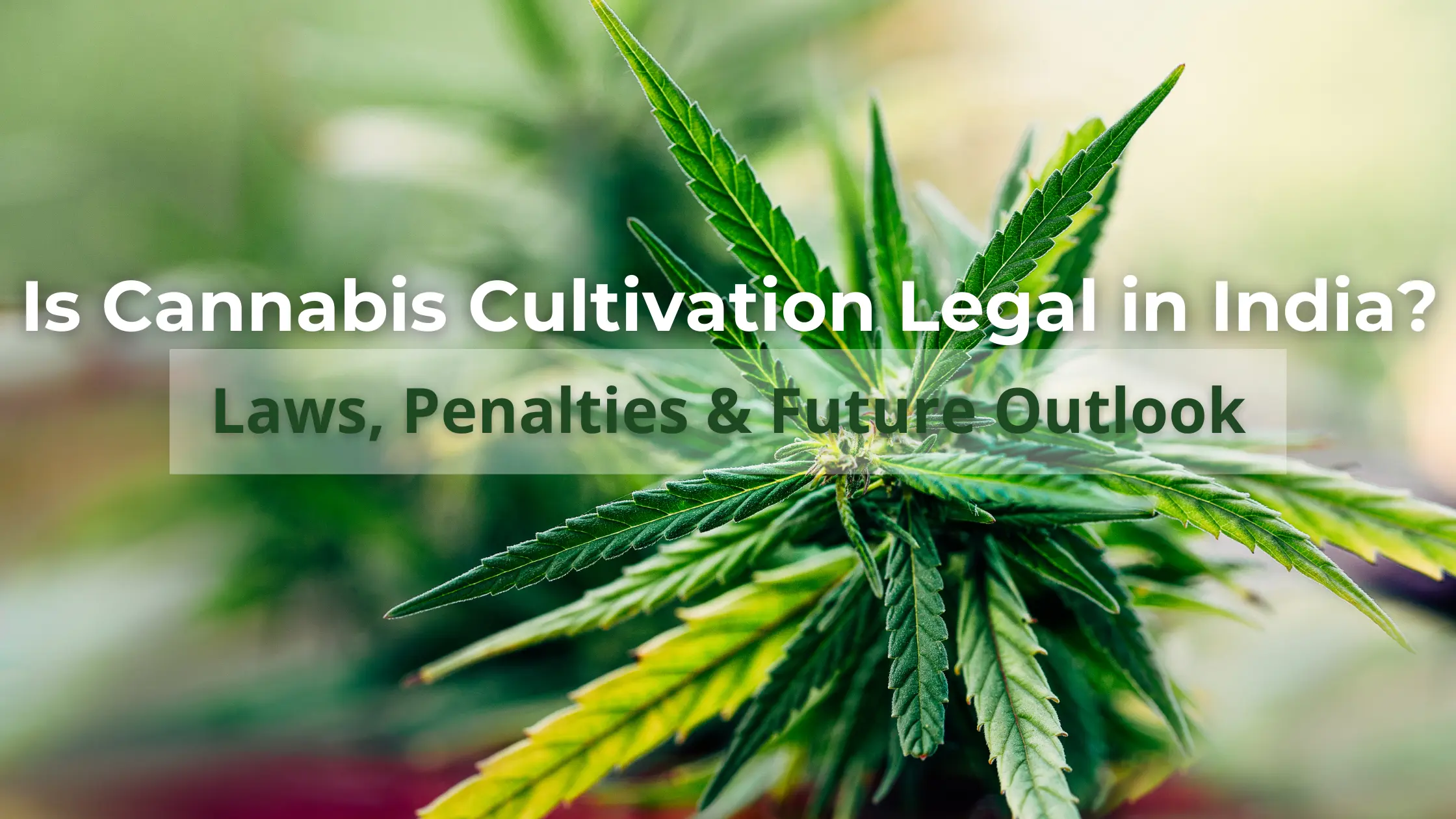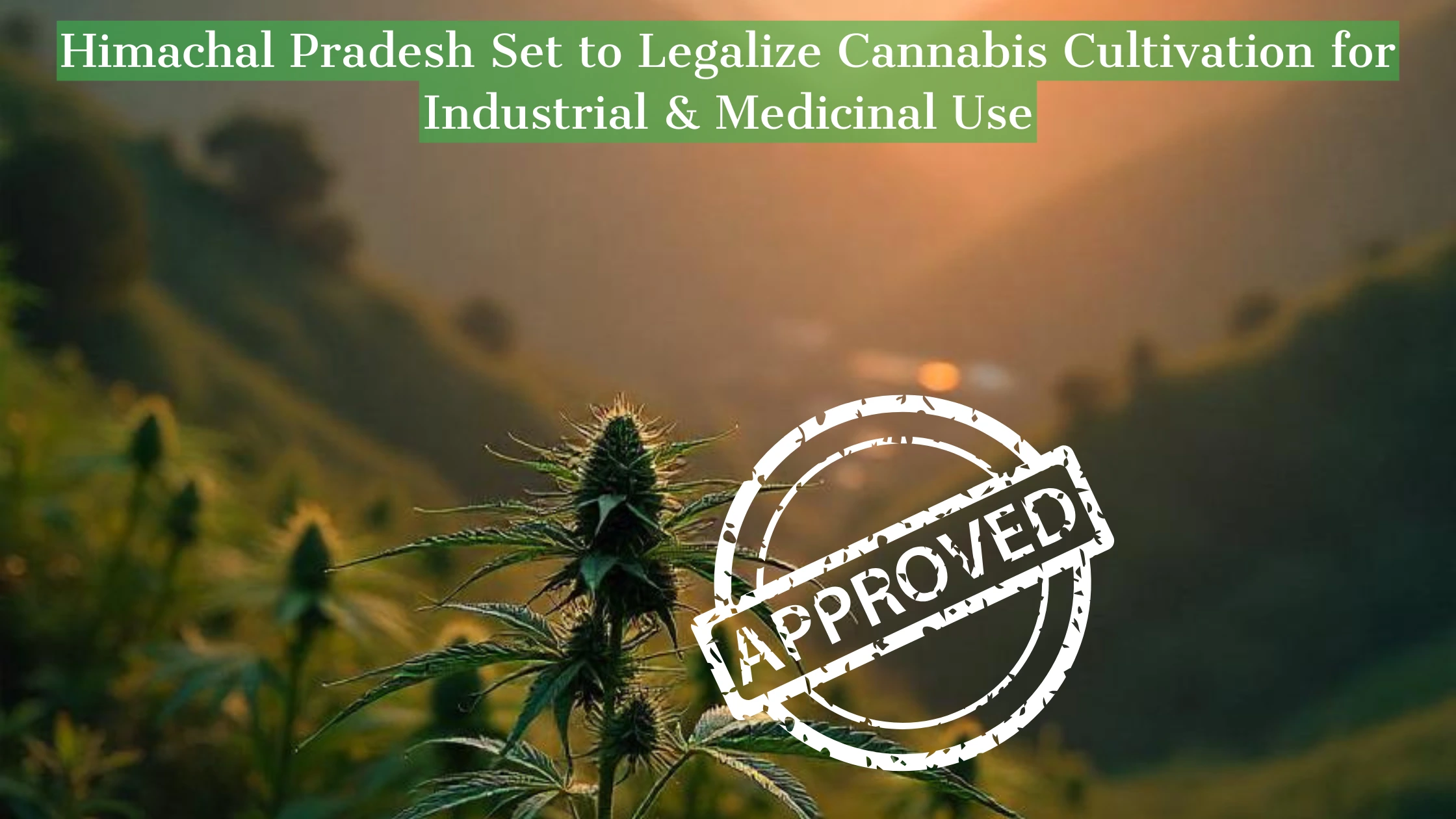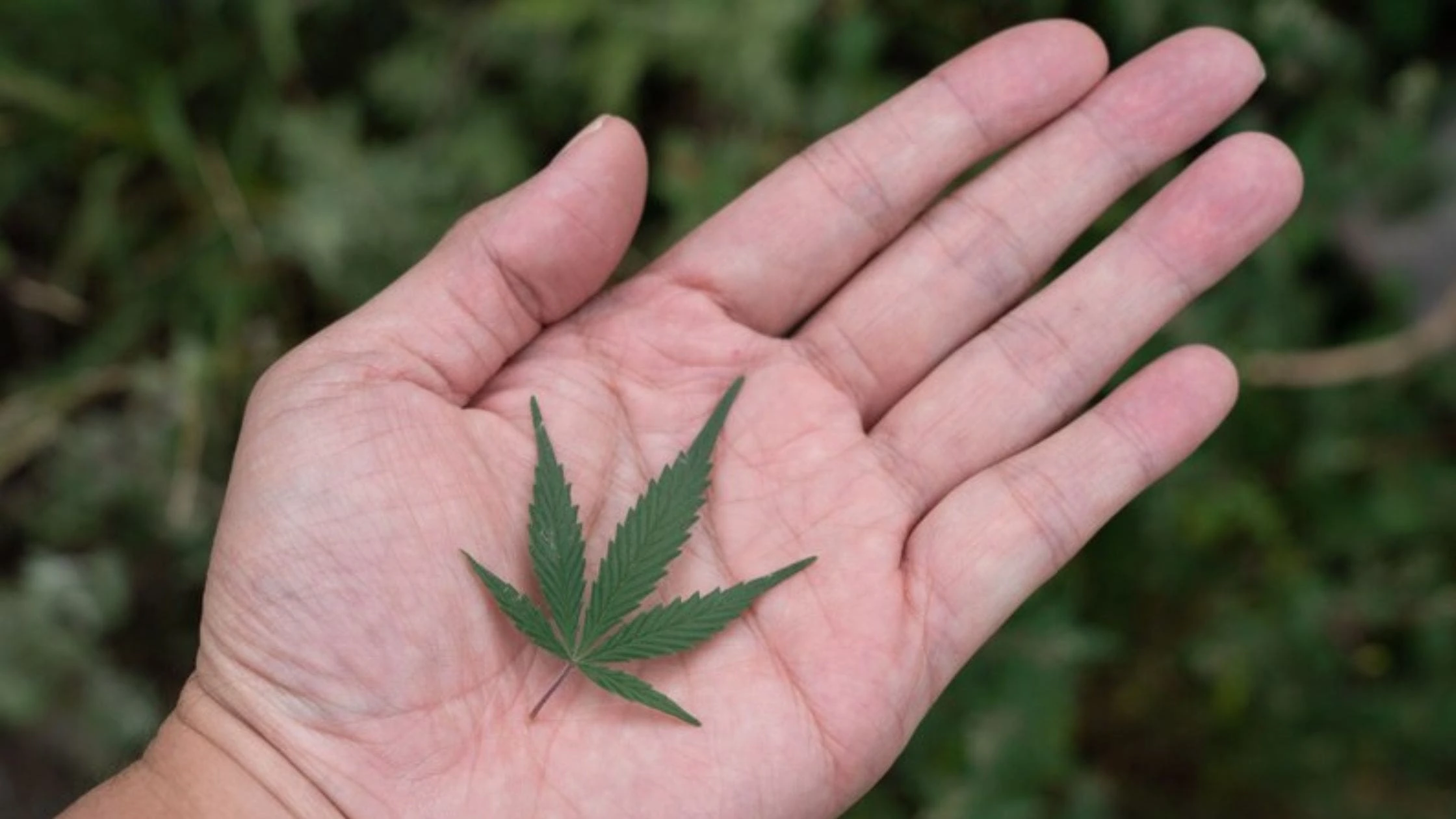Introduction
The globe has recently dealt with several environmental issues, such as pollution, deforestation, climate change, and soil degradation. As a result, there is a critical need for environmentally benign and sustainable solutions across various industries, including agriculture. A hopeful answer to these problems has emerged: hemp, a robust and adaptable crop. This article will examine the multiple environmental advantages of hemp farming, its prospective uses in various sectors, and its contribution to the cause of sustainability and a better future.
Understanding hemp
Cannabis sativa, sometimes known as hemp, is a plant that belongs to the Cannabaceae family and has been grown for a variety of uses for thousands of years. Hemp has a far lower concentration of tetrahydrocannabinol (THC), the psychoactive substance that gives marijuana its intoxicating effects, than does marijuana, its near relative. As a result, hemp is utilised for its industrial applications and positive impact on the environment rather than for recreational ones.
Hemp Cultivation and Growth
Fast-growing hemp grows well in a range of climatic conditions and soil types. Due to its inherent insect resistance, it requires little water and may be grown without pesticides or herbicides. Additionally, hemp is a perfect crop for regenerative agriculture due to its vast root system, which aids in reducing soil erosion and compaction.
Sustainable Farming Practices
Growing hemp is in line with sustainable agricultural practices. It may be produced in rotation with other crops and has a brief growth cycle, usually four months, which encourages biodiversity and lowers the danger of soil depletion. Additionally, hemp is a carbon-negative crop, which means that during its lifespan, it takes in more carbon dioxide from the environment than it emits.
Environmental Benefits of Hemp Cultivation
Climate Change Mitigation
The ability of hemp farming to slow climate change is one of the most significant environmental advantages. Hemp is a potent instrument for lowering greenhouse gas emissions due to its quick growth and capacity to absorb carbon. Hemp acts as a carbon sink and reduces the impacts of global warming by absorbing significant amounts of CO2 as it grows. Thus, climate change mitigation is an important environmental benefit of hemp cultivation.
Soil Regeneration
Industrial agriculture frequently causes soil deterioration, which reduces fertility and causes topsoil loss. The deep roots of hemp help loosen up compacted soil, enhancing its structure and the growth of other crops. The vast root structure of hemp also aids in moisture retention, minimising the need for irrigation and fostering better soils.
Biodiversity Conservation
The practice of monoculture, which involves cultivating a single crop across vast land areas, harms biodiversity. Crop rotation and intercropping are encouraged by hemp’s adaptability and capacity to thrive in many climates, which lessens the adverse effects of monoculture. Additionally, hemp farming doesn’t require chemical inputs, reducing pollution and maintaining the well-being of the ecosystems in the area.
Reduced Deforestation
The extensive deforestation that has resulted in habitat loss and carbon dioxide emission into the atmosphere is partly attributable to the demand for wood and paper goods. A sustainable substitute for goods made of wood is hemp. Hemp fibres may be used to make construction materials, textiles, and paper without removing trees, which relieves strain on forests.
Hemp Applications in Various Industries
Textiles and Fashion
Hemp fibres are known for being strong and long-lasting, which makes them a great alternative to conventional fabrics like cotton and polyester. In addition to being durable, hemp-based clothing is biodegradable, lessening the environmental impact of textile waste.
Construction Supplies
Hemp-based building materials, including hempcrete, provide a sustainable option to traditional building supplies. A bio-composite called hempcrete is created by combining lime and the inner, woody core of the hemp plant. It is an environmentally favourable material for sustainable building since it is lightweight, insulated, and has a low carbon impact.
Biofuels
Oil found in hemp seeds may be used to make biofuels like biodiesel. Hemp-based biofuels are sustainable and generate fewer hazardous pollutants than fossil fuels, which helps to improve air quality and lower greenhouse gas emissions.
Nutrition and Food
Superfood hemp seeds contain necessary fatty acids, protein, vitamins, and minerals. Foods made from hemp, such as hemp milk, protein powder, and oil, provide customers with a sustainable and healthful choice.
Legal and Social Challenges
Regulation and Legalisation
Hemp farming may have positive effects on the environment and the economy, but many nations have prohibited it because of its link to marijuana. However, as people become more aware of hemp’s unique qualities and potential, some countries have legalised its growing under stringent guidelines, creating more options for sustainable agriculture.
Overcoming Stigma
The link with marijuana has exacerbated the stigmas and misconceptions surrounding the growing of hemp. Education and awareness efforts are crucial and show the plant’s enormous potential as a sustainable crop and education and awareness of agriculture.
With growing global acknowledgement of hemp agriculture’s environmental advantages and wide range of uses, the industry’s future appears bright. The potential of hemp to store carbon and its wide range of uses will probably be vital as sustainability becomes increasingly important in various businesses.
Conclusion
More than merely a helpful crop, hemp symbolises hope for a sustainable and environmentally friendly future. It offers a practical answer to address urgent environmental issues, combat climate change, and advance regenerative agriculture thanks to its extraordinary growing capabilities, ecological advantages, and variety of uses. We can fully utilise the capabilities of this unique plant to build a more environmentally friendly and economically successful world for future generations by embracing hemp production and supporting research and innovation in this area.





